The publication ‘The struggle for One Nigeria,’ published by the Federal Ministry of Information, Lagos, explained that Nigeria as, ‘the creation of European ambitions and rivalries,’ are people with ‘their own ancient history before the arrival of the Colonizers.’ Nigeria, looked upon as the ‘Giant of Africa’ on the attainment of political Independence on 1st October, 1960, became the new hope of Africa and the black race. Nigeria, the most populated black nation in the world was amalgamated by the British in 1914, and given republican status on 1 October 1963.
Religion in Nigeria is a fundamental agent, ‘one of the most important factors that tend to create influence in the life of most Nigerians.’ Nigeria comprising peoples of different religious freedom and cultural backgrounds. In Nigeria, religion and faith are critical aspects of everyday life. It influences laws, the thought and attitude; it plays a major role in the formulation and implementation of policies and major public programmes/projects because of the importance attached to it.’ In Nigeria, Christianity, Islam and traditional religions are most widely practised. Nigeria as a secular state is greatly influenced by religion as ‘a faith-based process that is capable of impacting on governance and the behavioural attitudes of every believer.’ The imposition of State religion first existed through the Jihadists who colonise the respective regions that made up Nigeria before the advent of the British colonialists. This development points to the ‘interaction within religious groups of Islamic faith and Christian faith did indeed show evidence of one religion trying to outdo the faith of the other through aggressive conversion into political association and religion practice.’
The British colonialists ‘invariably institutionalised religion practice in government business using chiefs and Emirs to achieve their political interests. The chiefs and Emirs who stood as religious leaders, also operated as political leaders.’ The British ‘capitalised on the same religious divide to rule the entire territory. Such colonial method of governance was called indirect rule in which, even though every religion comes with its symbols, belief, practices, institutions, policies and organisations, certain situations were bent to accommodate economic and political ambitions of the few Nigerians and British actors.’ These points to the foundation of corruption in Nigeria. Religion became a medium of self satisfaction and ‘acts as an opium and apparatus used to facilitate the painful exploitation of the vulnerable poor masses. But just as opium masks pain rather than treating its cause, so religion masks the underlying problem of exploitation that creates the need for it.’ Religion in Nigeria continue to perpetrate corruption through ‘the highest percentage interest of the economic, political and religious leaders.’
Bishop Kukah, the Roman Catholic Bishop of Sokoto in one of his books, explained that ‘the impact of religion in a secular state seems to have played out negatively in Nigeria, as politics and religion are mixed in the attempt to gain political hold on the population. For a very long time, religion has been used by the (Nigerian) oligarchy as its main weapon to hold on to power.
The sudden military coup of 15th January 15th, 1966 and another one that followed on 29th July, 1966, turned the joy of our Independence to sadness and open more doors to corruption and deficit of religious and tribal practice in Nigeria. The opportunities offered by the first coup eruption of 15th January, 1996 were wasted and the hope provided by the events of July, 1996 with the change of Government could not find a formula for resolving the ‘differences in the country peacefully and for enabling the Federation to return to peace and stability.’ The crisis in Nigeria based on ‘grossly distorted accounts abroad’ and home armed the people for rebellion. Large quantities of arms were purchased from abroad and smuggled into Nigeria and among the follow up effects was the secession of the former Easter Region, which was eventually declared on 30th May, 1967.’
During the Nigeria civil war, each religion follower from north to south increasingly ‘defend his/her position in the social political order through the Muslim and Christian umbrellas – Jama ‘atu Nasril Islam (JNI) and Christian Association of Nigeria (CAN)) respectively. To break the monopoly of the especially of the State Power by the two associations, the new generation churches as a force have over the years welded powers to rule, protect and defend their members and gain recognition in the struggle for State Power in Nigeria hence, the formation of the Pentecostal Fellowship of Nigeria (PFN) as an arm of CAN. The reflection is that the ‘religious fundamentalism of both the Muslim and Christian affiliations has recently become more deeply entrenched in Nigerian society.’ President Obasanjo explained that, as religious as Nigeria is, ‘the Government and all its agencies as being thoroughly corrupt and reckless. Members of the public bribe their way through in ministries and parastatals to get attention and one government agency had to bribe another government agency to obtain the release of their statutory allocation of fund. It is pathetic to know a situation where prayer and fasting/thanksgiving service are held for individuals who were convicted for the stealing of public funds.’
Ebenezer Obadare in his new book, ‘Pentecostal Republic: Religion and the Struggle for State Power in Nigeria explained how ‘Nigeria has been plagued by religious divisions, with the divide between Christian south and Muslim north playing a central role in the country’s electoral politics.’ The book with focus on ‘the interplay of religion and politics in Nigeria since the country’s celebrated return to civil rule in May 1999,’ acknowledge ‘the profound impact of Pentecostalism and Pentecostal forces on politics …’ Nigeria as ‘the epicentre of the Pentecostal revolution in Africa’ is also influencing ‘the political ascendance of Pentecostalism in Nigeria,’ especially through what Obadare called a Pentecostal elite ‘theocratic class.’ The rise of political religion in Nigeria is synonymous with the rise of corruption and exploitation of the poor masses.
Nigeria, as a religious republic of corruption points to the 53 years after the coup eruptions and the failure to bring happiness back to the people. The coup that was meant to stop corruption and mis-rules is more of a ‘coup-ruption,’ a forced exploitation by the leaders and elite elected by the people for the people but turn around to people deceived by the leaders for the leaders. Religion has become a means of self satisfaction rather than a means of personal and corporate renewal. Be a part of the change to stop the daily ‘coup-ruption.’ Stop being used as agent of coup-ruption, especially in killing and in others forceful ways of getting rich quick syndrome. To stop the ‘coup-ruption,’ we need more employment and empowerment centres than event centres.

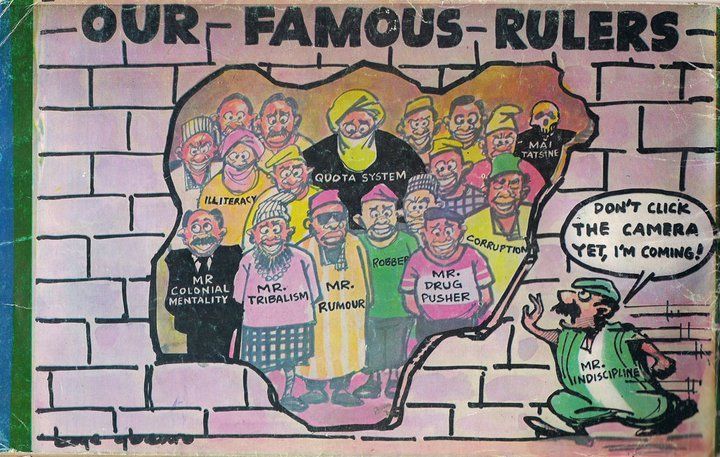
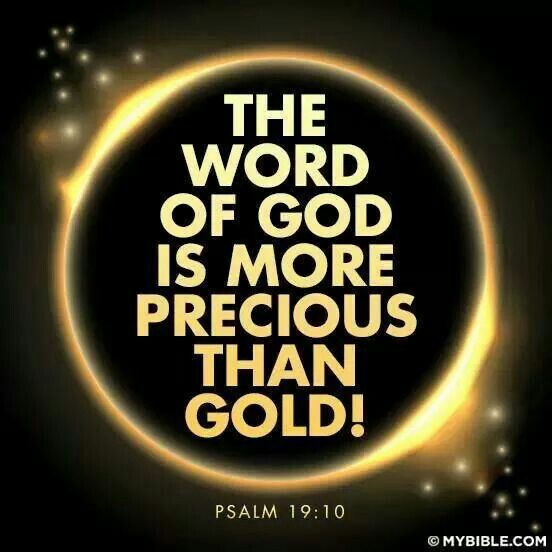
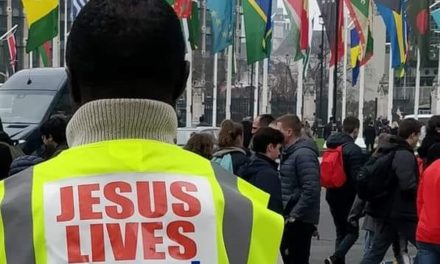
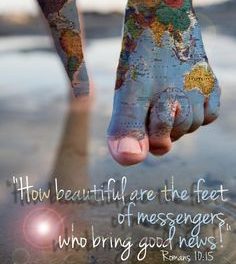
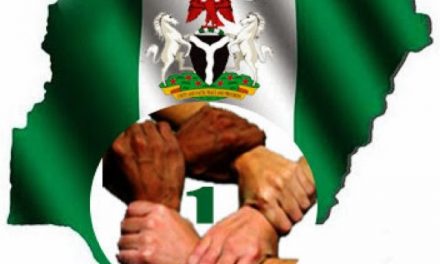




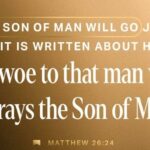
Recent Comments